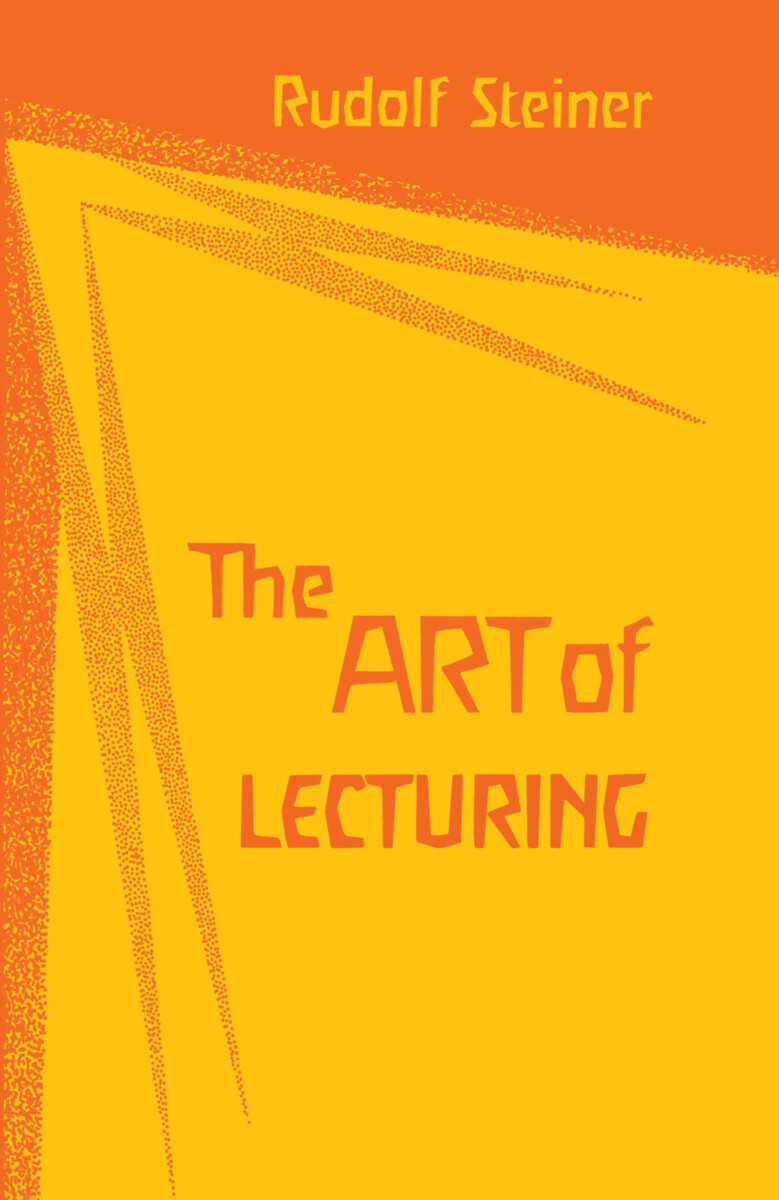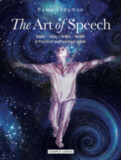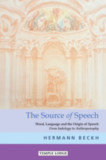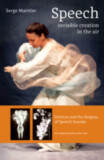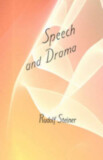- Publisher
Mercury Press - Published
6th December 1994 - ISBN 9781957569390
- Language English
- Pages 120 pp.
- Size 5.5" x 8.5"
6 lectures, Dornach, October 11–16, 1921 (CW 339)
Lecturing is an art that requires command of many technical aspects. Novices tell all they know, or worse—whatever they have read about a subject. They either bore or overwhelm listeners with a flow of information. Master speakers know their audience and evoke wonder and insight. How is this done?
These lectures form the “Swiss Orientation Course,” or “The Speakers' Course.” They address the art of effective speaking, clarifying thought content, knowing one’s audience, verbal formulation, ethics of speaking, the effects of lecturers on their listeners, lyrical speaking, speech exercises, repetition, and full immersion in one’s topic so that the speaker will be listened to and heard.
This book is a translation from German of Anthroposophie, soziale Dreigliederung und Redekunst: Orientierungskurs fuer die oeffentliche Wirksamkeit mit besonderem Himblick auf die Schweitz (GA 339).
C O N T E N T S:
LECTURE 1: Guidelines for the preparation of a talk: our thoughts interest no one; our will impulses annoy everyone; only our feelings constitute the effectiveness of a talk. The thought content must be thoroughly settled in advance. Verbal formulation of the first and the last sentences. Our thought preparation affects the will; our enthusiasm affects the listener’s thinking.LECTURE 2: Historical viewpoints concerning the threefold order and the development of speech. Beautiful speaking, correct speaking, and good speaking. Humanism and pragmatism. The need for developing a true ethics of speaking.
LECTURE 3: Letting experiences flow into the composition of the lecture. Only the proletarian has concepts about the three areas of the social organism.
LECTURE 4: Pedantic lecturers upset the listeners’ stomachs. Learn lecturing by listening: watch how others do it, good or bad. Reluctance to speak is the virtue, not eagerness to hear one’s own voice. A debater turns his opponent’s image and word against him. Jokers create too much acidity in the listeners’ stomachs. Words precede deeds.
LECTURE 5: Lyrical speaking for spiritual life; dramatic speaking for rights-relationships; epic speaking for economic conditions. About economic life within the social organism. The formulation of key sentences. Speech exercises and speech gymnastics; the effect of coffee and tea on the speaker; respect for the audience through proper preparation.
LECTURE 6: Repetition in varied formulations helps the listener to comprehend. The use of questions gives the audience a moment to breathe in. Logical trains of thought put the audience to sleep. Unusual formulations and word order keep the listeners attentive. Illustrations and pictures convince and are remembered. The audience listens with the speech organs. The speaker must be fully immersed in his topic. He must have thorough knowledge of the events of the time. The movement for the threefold social order cannot be separated form Anthroposophy.
Rudolf Steiner
Rudolf Steiner (b. Rudolf Joseph Lorenz Steiner, 1861–1925) was born in the small village of Kraljevec, Austro-Hungarian Empire (now in Croatia), where he grew up. As a young man, he lived in Weimar and Berlin, where he became a well-published scientific, literary, and philosophical scholar, known especially for his work with Goethe’s scientific writings. Steiner termed his spiritual philosophy anthroposophy, meaning “wisdom of the human being.” As an exceptionally developed seer, he based his work on direct knowledge and perception of spiritual dimensions. He initiated a modern, universal “spiritual science” that is accessible to anyone willing to exercise clear and unbiased thinking. From his spiritual investigations, Steiner provided suggestions for the renewal of numerous activities, including education (general and for special needs), agriculture, medicine, economics, architecture, science, philosophy, Christianity, and the arts. There are currently thousands of schools, clinics, farms, and initiatives in other fields that involve practical work based on the principles Steiner developed. His many published works feature his research into the spiritual nature of human beings, the evolution of the world and humanity, and methods for personal development. He wrote some thirty books and delivered more than six thousand lectures throughout much of Europe. In 1924, Steiner founded the General Anthroposophical Society, which today has branches around the world.


